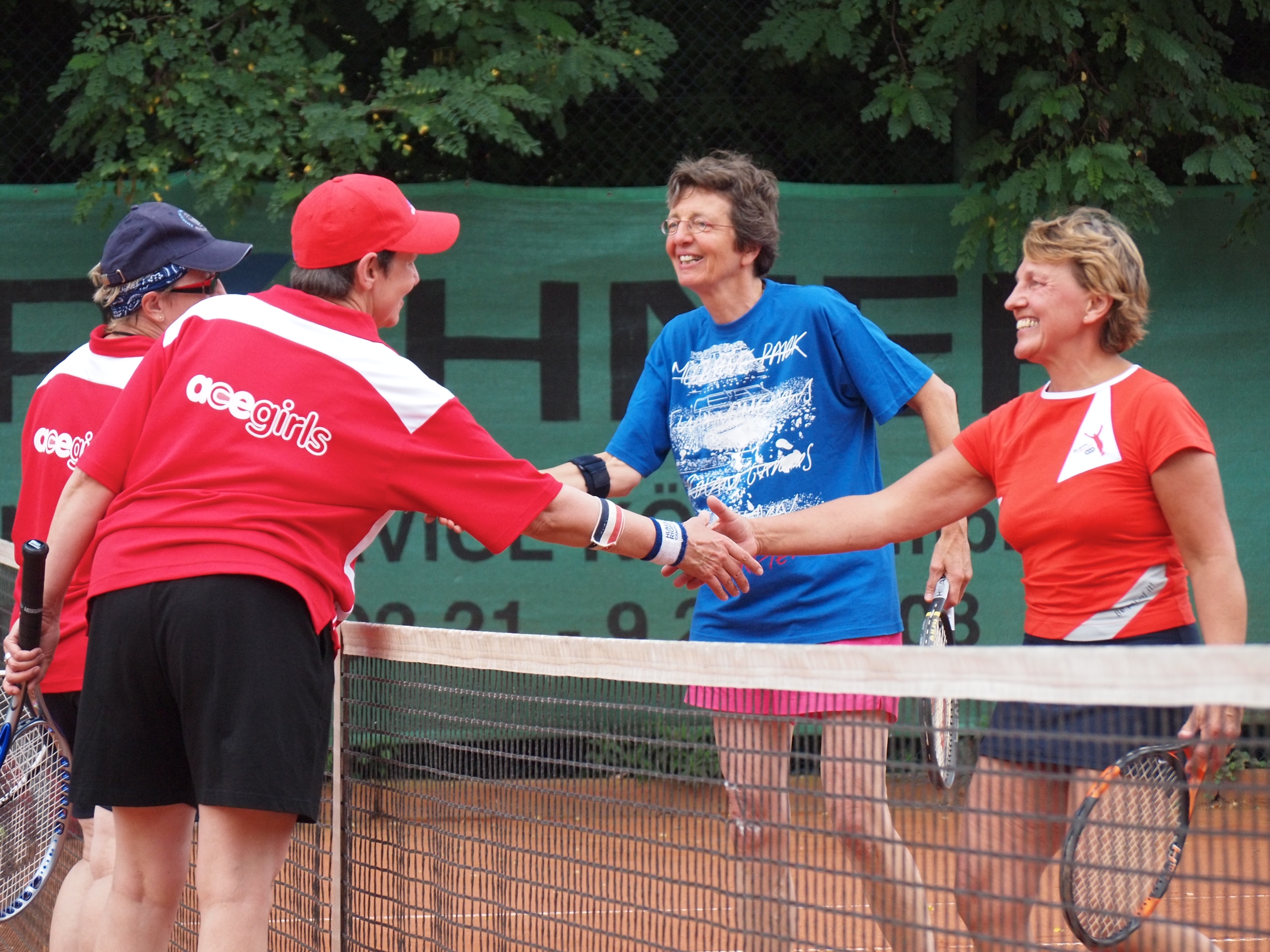
Paris2018 Gay Games 10: Changing Society through Sport
Paris2018 Gay Games 10: Changing Society through Sport
By Pascale Reinteau and Manuel Picaud, joint presidents, Paris 2018 Gay Games 10
The 10th Gay Games from 4 to 12 August 2018 in France will be the biggest cultural, festive, sporting event in the world open to everyone! The Games motto, “All Equal”, underlines the clear intention to convey the values of respect and combat ALL forms of discrimination.

In its preparations for the 10th Gay Games in Paris, the Paris 2018 association upholds this philosophy with its values of diversity, respect, equality, solidarity and sharing. The village set up in front of the City Hall will be a festive, sporting and cultural showcase for the general public.
The Gay Games programme goes beyond sport, even if that is the most important element. The week includes many occasions for enjoyment, with the opening and closing ceremonies as well as a special evening at the Grand Palais and evening dances. From the 1st to 3 August a round of international conferences on sport and diversity will be held. There will be musical events, including a big concert at the Casino de Paris. The cinema will have its place with full-length and short films. We are organising walks, guided visits and boat trips. We will observe a moment of remembrance with the International Rainbow Memorial Run and an international exhibition of a patchwork of names. There will be something for everyone.
Challenging perceptions based on ignorance
The history of the Gay Games
Competitive sport can be seen as essentially discriminatory, since it celebrates “perfect” fitness, it sets participants and nations against each other, it distinguishes between the genders in an unchanging, binary way, and selects according to age and performance. When the Gay Games were created in 1982, in a world where homosexuality was often penalised or seen as a mental health problem, discrimination according to sexual orientation or gender identity was rife. Dr Tom Waddell, the Gay Games founder regretted that an athlete, whether male or female, could only be imagined in the framework of a value system that was masculine and patriarchal. It was impossible to be both an athlete AND lesbian, gay, bi, trans, or queer; it was one or the other.
At the first Games in San Francisco, the people present seized on sport as a means to asserting their sexuality, their gender and their life. For Tom Waddell, the Games should be as much about bringing together all parts of the community in the same competition, raising awareness and building up self- esteem, as about challenging perceptions based on ignorance. To achieve this, they need to be open to every adult, with no selection criteria.
The nine Gay Games so far have helped to dismantle discriminatory and oppressive social attitudes, so that each person may be able to affirm what he or she is, in sport as well as in community life. They have given international resonance to a way of seeing the world, based on living together, celebrating diversity and equality between everyone.
Proudly standing up for the ideal: All Equal
Still a lot to be done
Although nowadays sport is seen as a source of enjoyment and a way of learning to live together, its image still reflects the exclusion of those who are seen as weaker or less determined, such as women or homosexuals, and even those who are seen as too strong, such as trans people or people with a disability using an artificial limb. Media attention and funding are still largely concentrated on professional men’s sport although all parts of the general population now take part in sport.
Even today, sport remains discriminatory. An athlete’s coming out is still too rare and needs great courage; performances by current and former trans athletes are derided or denied. Even today, we need to fight to increase equality, to ensure that we do not lose rights or find our lives scorned or even threatened.
The Paris 2018 Games are part of this history and of this affirmation. In 2018, sport can and does contribute to changing society; this event, through its very objective, will be intrinsically political. We encourage inclusion and are signing up to 15 eco-responsible commitments. We are giving 36 national student and sport federations the chance to get involved. We are getting all the public authorities and numerous ambassadors together to ensure that the message is more widely heard. Our recommendations include raising awareness among coaches, trainers and managers, and also among supporters; closer attention to and stronger sanctions for homophobic behaviour; and enhancing diversity and inclusion in sport. Paris 2018 will bring together thousands of participants of every kind, from more than 80 countries, in dozens of competitions and events, all proudly standing up for the ideal: “All Equal”
